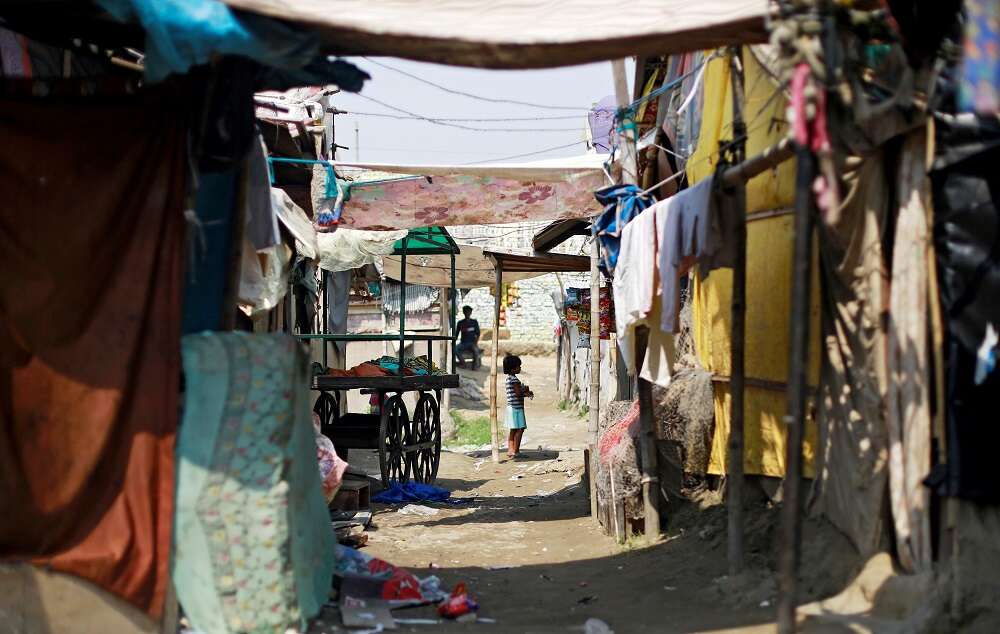
By Krishna N. Das
NEW DELHI (Reuters) -Rohingya refugees from Myanmar in India’s capital will be allotted apartments and provided with police protection, a government minister said on Wednesday, signalling a change in the stance towards members of the Muslim minority.
“India has always welcomed those who have sought refuge,” Minister for Housing and Urban affairs Hardeep Singh Puri said on Twitter, outlining new provisions for Rohingya refugees in New Delhi.
“India respects & follows UN Refugee Convention 1951 & provides refuge to all, regardless of their race, religion or creed,” Puri said.
India is not a signatory to the convention which spells out refugee rights and the obligations of countries to protect them.
Puri did not elaborate on what he said would be “round-the- clock” police protection but there have been isolated incidents of violence towards Rohingya in India.
Prime Minister Narendra Modi’s government has previously tried to send back members of the minority from predominately Buddhist Myanmar, hundreds of thousands of whom have fled from persecution and waves of violence in their homeland over the years. (https://reut.rs/3PvPvBo)
Bangladesh has sheltered nearly a million Rohingya.
As of early this year, around 1,100 Rohingya lived in Delhi and another 17,000 elsewhere in India, many of them working as manual labourers, hawkers and rickshaw pullers, according to estimates from Rohingya rights activist Ali Johar.
He said some 2,000 people went back to Bangladesh this year, amid fears many would be deported.
“We welcome the statement on respecting the UN refugee convention and the plan to resettle Rohingya with better housing and facilities,” said Johar, 27, who came to India a decade ago and lives with his family in rented accommodation in Delhi.
But Johar underlined fears among the community, which has faced the ire of some Indian right-wing Hindu groups, that the new facilities could be used to corral the Rohingya.
“If it turns out to be a detention camp, that will be a nightmare for us,” he said.
(Writing by Devjyot Ghoshal; Editing by Robert Birsel & Shri Navaratnam)


